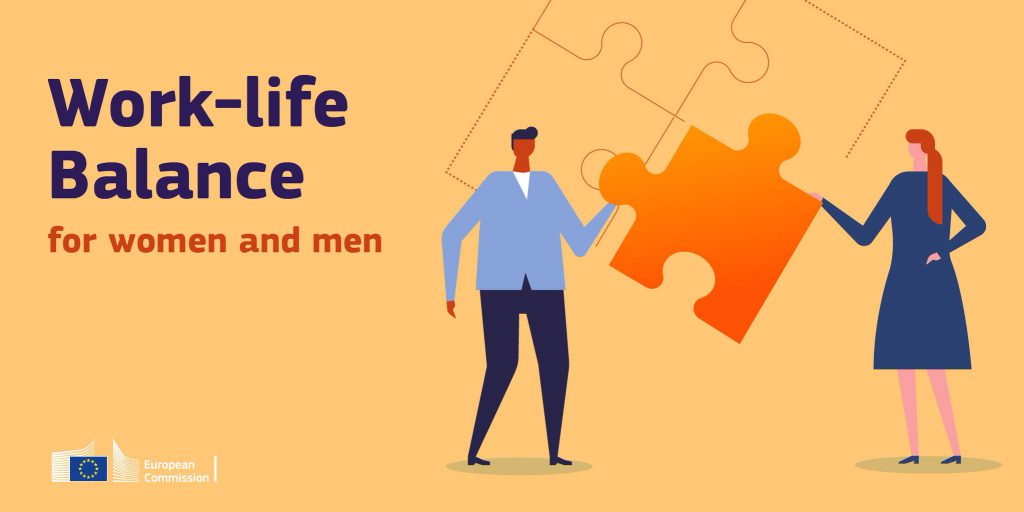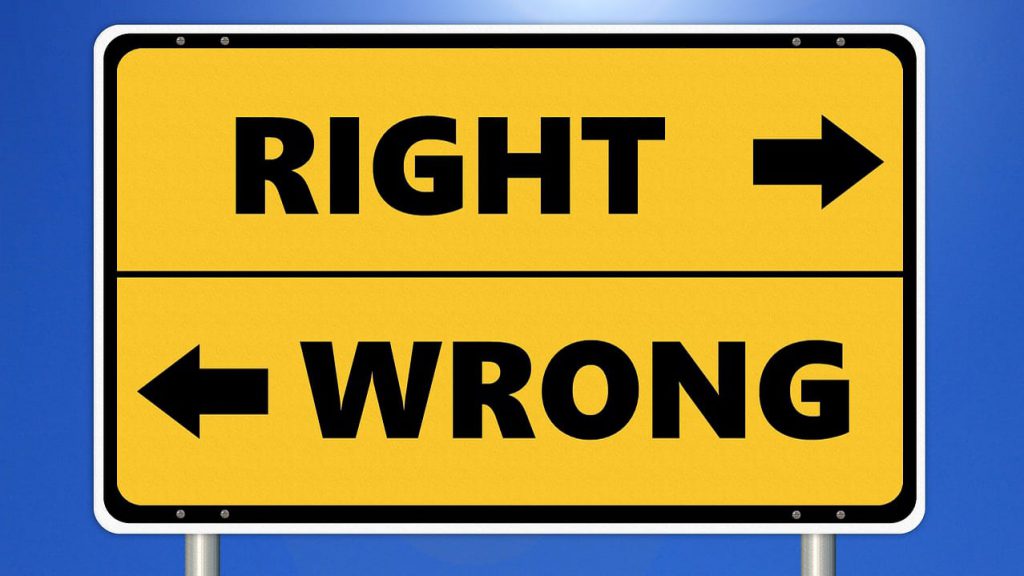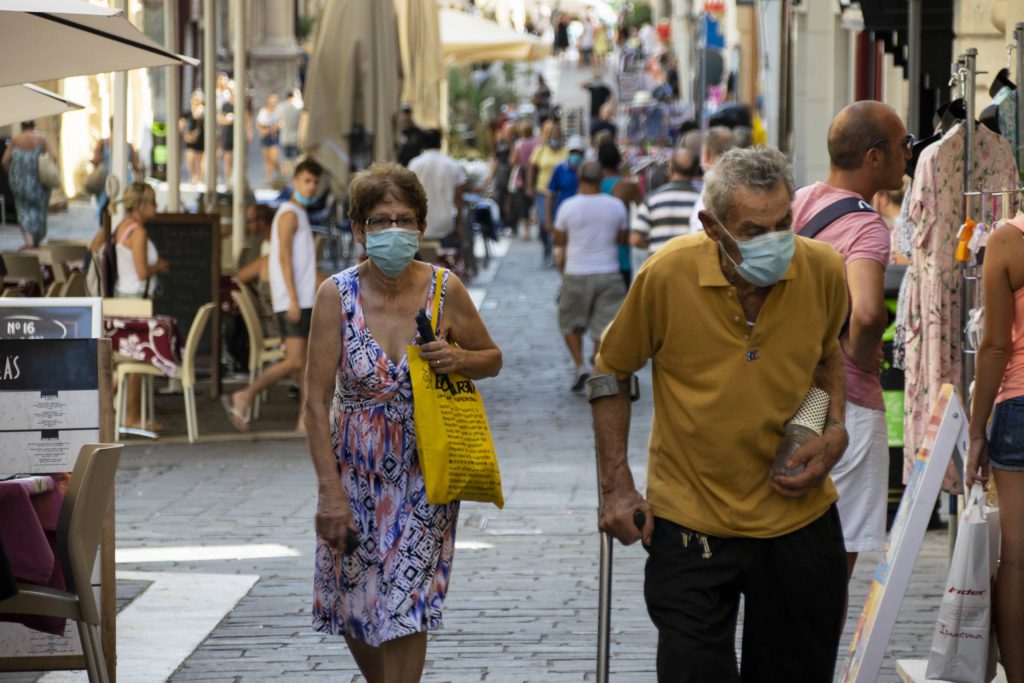Archive for Issue 329
Enhancing Work-Life Balance and Gender Equality
The European Union places strong importance on equitable social policy, seeking to ensure that workers are treated fairly and humanely across all economic sectors. The concepts of work-life balance and…
Greater EU Civil Protection capacity needed in light of lessons from COVID-19
The EU Civil Protection Mechanism (UCPM) has successfully supported member states to save lives, including during the COVID-19 crisis, by coordinating and assisting in civil protection efforts. Medical equipment…
Promoting ethical behaviour in practice
We need to make sure that all of those in public life, whether employed, appointed or elected, are aware of their ethical responsibilities and are prepared to act as ethical leaders.…
Let’s be prudent and continue wearing masks
Face coverings are compulsory in indoor settings but enforcement of the rules in public places and by individual businesses seems inconsistent. When one visits local shops, the owner is behind a perspex screen but he/she does not enforce face coverings at all despite signs outside the shop to wear masks. Responsibility has to come from the individual. Scientific research shows that wearing a mask contributes to a larger reduction in risk of infection. We all know that they are uncomfortable, restrictive and make you sweat. However, there is evidence that points to the benefits of wearing them. But when the decision to wear a mask depends on an individual’s evaluation of the risks, interactions can get emotional. Many psychological factors contribute to someone deciding to wear a mask. People vary in how they judge and accept risk, depending on what information they have been exposed to. Research suggests that the more people see others wearing masks, the probability of them wearing one themselves increases. However, I am observing that it is mostly men who are not wearing masks. Honestly, I sometimes don’t like wearing a mask but was interested to read evidence explaining why some groups of men are more likely to not wear a mask, particularly young men, conservative ones and those who align with traditional views of masculinity. Such matters are not helped by those who go on social media and dismiss the wearing of a mask as pointless. If we obey by wearing masks, it is easy to feel angry towards those who do not. However, becoming more aware of our emotional replies is probably crucial to affecting change. Shaming someone in public will probably be counterproductive. Living in a pandemic means we are all stressed and emotional, which affects how we communicate with others. We can try to go about these issues in an empathic manner – if we can. What do we want to achieve when we speak to someone with a mask under his chin or with no mask at all inside a shop? We want them to think about wearing the mask. But we must do this in a courteous manner and tell them that it is prudent to cover the face under these circumstances. By doing this we feel validated. When we feel safe to speak, others may feel safe to rethink.




